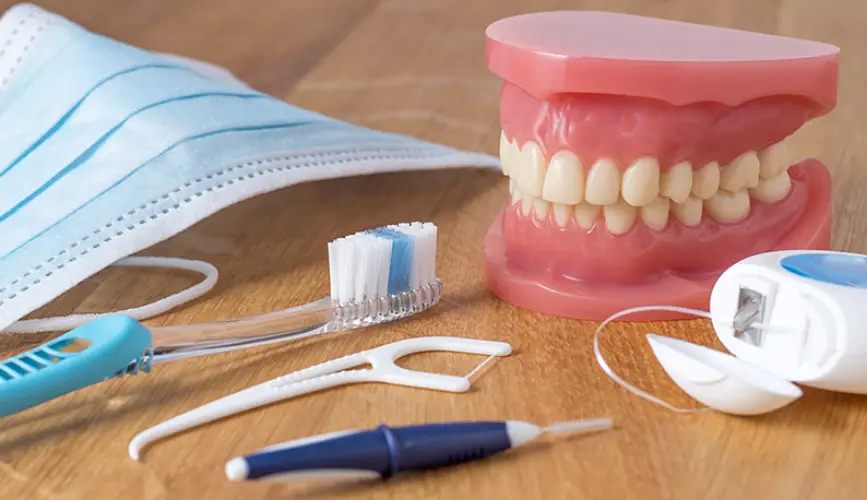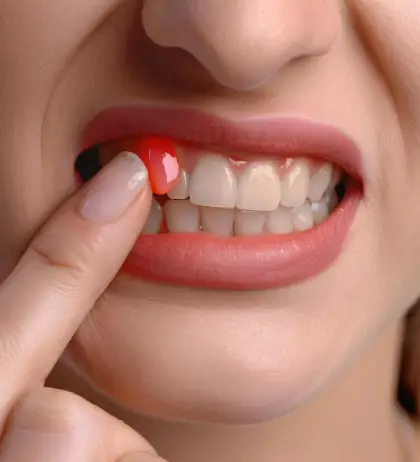Preventative




Preventive Dentistry: Protecting Your Smile for a Lifetime
Preventive dentistry focuses on maintaining optimal oral health by preventing dental problems before they develop. It involves regular care, good oral hygiene habits, and professional treatments designed to keep teeth and gums healthy.
- Regular Dental Check-Ups - Routine exams help detect issues early, preventing major dental concerns.
- Professional Cleanings - Removes plaque and tartar buildup to prevent cavities and gum disease.
- Fluoride Treatments - Strengthens enamel to resist decay.
- Dental Sealants - Protective coatings applied to back teeth to prevent cavities.
- Proper Oral Hygiene- Daily brushing, flossing, and mouthwash use help maintain a healthy smile.
- Healthy Diet Choices - Reducing sugar intake and eating nutrient-rich foods support strong teeth.
Key Aspects of Preventive Dentistry:
By prioritising preventive care, you can reduce the risk of costly and complex dental treatments in the future. Regular visits to your dentist, combined with good home care, are the best ways to keep your smile bright and healthy for years to come!
Oral Hygiene
A regular visit to the dentist is important. During the exam, the dentist checks for signs of tooth decay and oral cancer, examining your tongue, your glands and the inside of your mouth. The dentist checks your bite and looks for problems, such as teeth grinding and disorders with the jaw joint. Your dentist or dental hygienist will clean your teeth to remove the plaque left after you brush and floss.The lustre of teeth can be reduced due to over-indulgence in red wine, coffee and other strong foods and drinks.

Now we can offer you an immediate solution that will make your teeth look and feel fantastically fresh and clean. Air-polishing is a rapid and highly effective way to return to a brilliant smile. NSK’s Prophy-Mate neo dental air polisher unit and FLASH pearl are a perfect combination, providing the ultimate air-polishing experience. Without regular professional cleaning, this plaque can build up and harm your teeth and gums. Having regular check-ups is vital in caring for your precious smile. At Woodhall Dental Practice we demonstrate how a smile is ageless and that truly, one is never fully dressed without a smile.
Gum Disease
Periodontal diseases range from simple gum inflammation, “gingivitis,” to more serious levels that result in major damage to the soft tissue and bone that support the teeth. In very bad cases, teeth are lost. Our mouths are full of bacteria, which constantly form a colourless plaque on teeth. Brushing and flossing help to get rid of plaque. Plaque that is not removed can harden and form bacteria-harboring “tartar” that brushing can’t remove.Only a professional cleaning by a dental hygienist can remove tartar.

The longer plaque and tartar are on teeth, the more harm they do. The bacteria cause gingivitis, which is when gums become red, swollen and can bleed easily. Gingivitis is a mild form of gum disease that can usually be reversed with daily brushing and flossing, and regular dental care.
When gingivitis is not treated, it can advance to “periodontitis.” In periodontitis, gums pull away from the teeth and form ‘pockets’ that are infected; the plaque spreads and grows below the gum line. Bacterial toxins and the body’s enzymes fighting the infection actually start to break down the bone and connective tissue that hold teeth in place. If not treated, the bones, gums, and connective tissue that support the teeth are destroyed. The teeth may eventually become loose and fall out or have to be removed.
